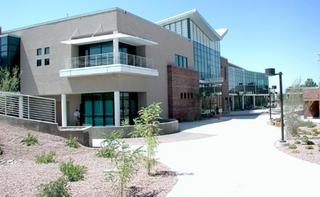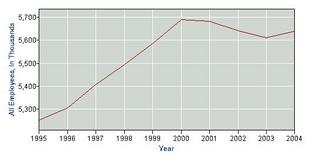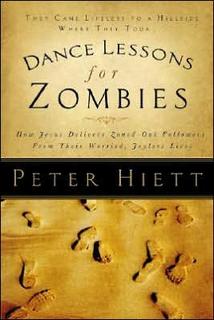
One of the questions that I'm often asked is "Don't you trust me?" It's interesting that this question is not coming anymore from my children. They are older now and out on their own. Their "don't you trust me" was a common response when their mother or I were asking them about their plans for the evening. Possibly when we were inquiring who they would be spending time with or even if they had completed their homework and were prepared for the next day of school.
We smile when we remember these questions being asked because we know that as parents, this question of trust, while important, is not as important as other things. Important things like training, equipping and preparing for later responsibilities, careers and generally becoming an adult.
Unfortunately, many parents find this question, "do you trust me", very troubling. They sometimes find it so intimidating that they fail the number one parental assignment and don't bother to ask the important questions. Sometimes, a child's moral compass is provided in other ways but all too often, the son or daughter is not prepared to enter adulthood. All too often serious moral and personal behavioral issues that could have been corrected, continue into adulthood, often because the parent didn't want to deal with the trust issue.
Today however, this question is often asked, not by children but by my peers -- adults with important jobs and important responsibilities, who probably haven't thought through this idea of trust. As the business administrator of a church it's my job to ask the hard questions. These questions are about budgets, expenses, receipts, process, and procedures that fall under the category of governance and oversight that is more than a simple matter of "trust".
The thing is, there is nothing simple about trust. For many people it is earned over a long period of time but can unfortunately be lost in a moment. One disappointment over an expense account, an inappropriate authorization of church resources, or even a good deed done without proper authorization can dash earned trust. Trust not only in the individual but in the organization as well.
And churches know they need to maintain the public's trust. Churches after all, depend on their members trust as they give their tithes and offerings. It's a proven fact that people like giving and will give generously to a good cause. Once however, people start to believe that the money may be wasted rather then spent on worthwhile causes, the giving is greatly diminished. I did some research and found some disturbing trends. Perhaps the most alarming find was a 2002 study conducted jointly by Epsilon and the Barna Group which found that while confidence in most of our major social institutions and professions is declining, donor confidence in non-profit organizations (including churches) is at an all time low.
Earning and keeping the public trust is critically important for churches and non-profits. Financial and moral scandals ruin ministries and while many ministries escape the ruin of scandal, most could use a little more financial accountability and what I and many financial professionals now call "transparency". Most of us remember the scandal that occurred at national ministries like Jim and Tammy Bakkers' PTL Club or more recently the scandals involving Catholic priests the past few years. This and others like them have reduced the public's confidence in church leaders and, consequently, reduced their giving as well.
Financial accountability requires that organizations not only have policies and procedures to protect and maintain integrity, but in also requires that someone periodically audit accuracy and compliance. The important point to remember when working in the church is that the mission that we have and the work that we need to do is critically important. Our ministries with the help of God change peoples' lives, and we must be diligent to always adhere to the highest standards of accountability so that we can maintain the publics' trust
























